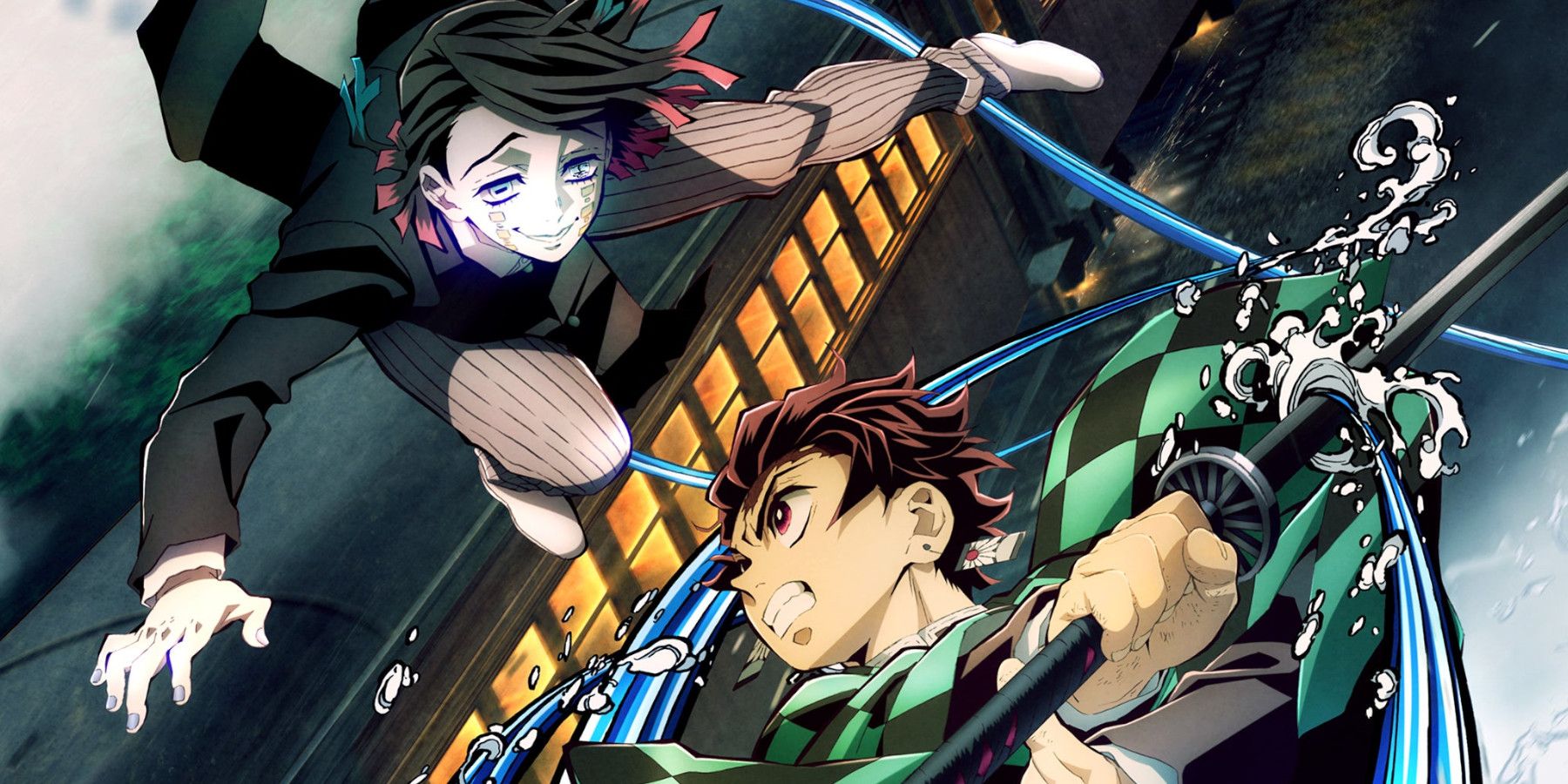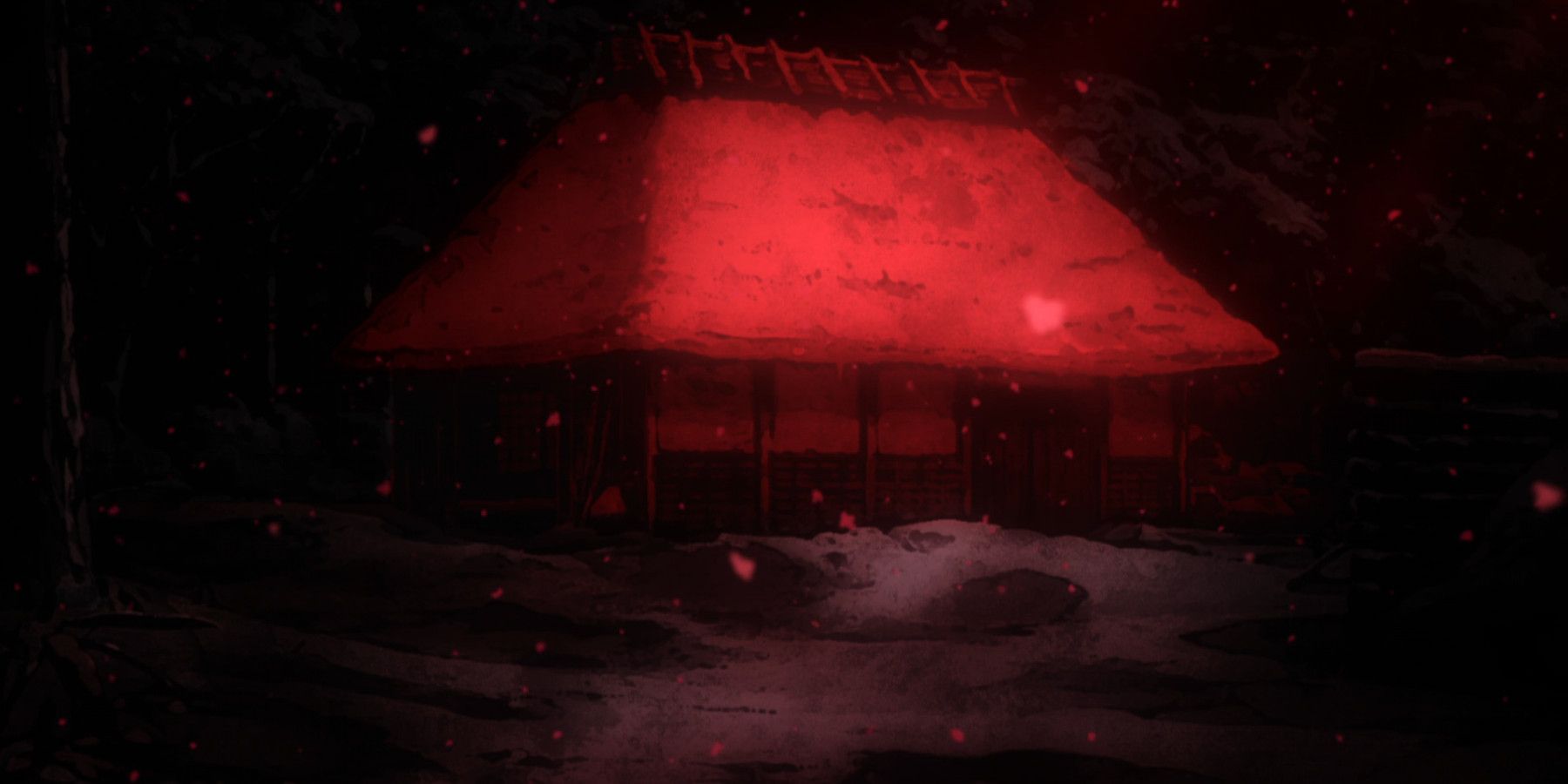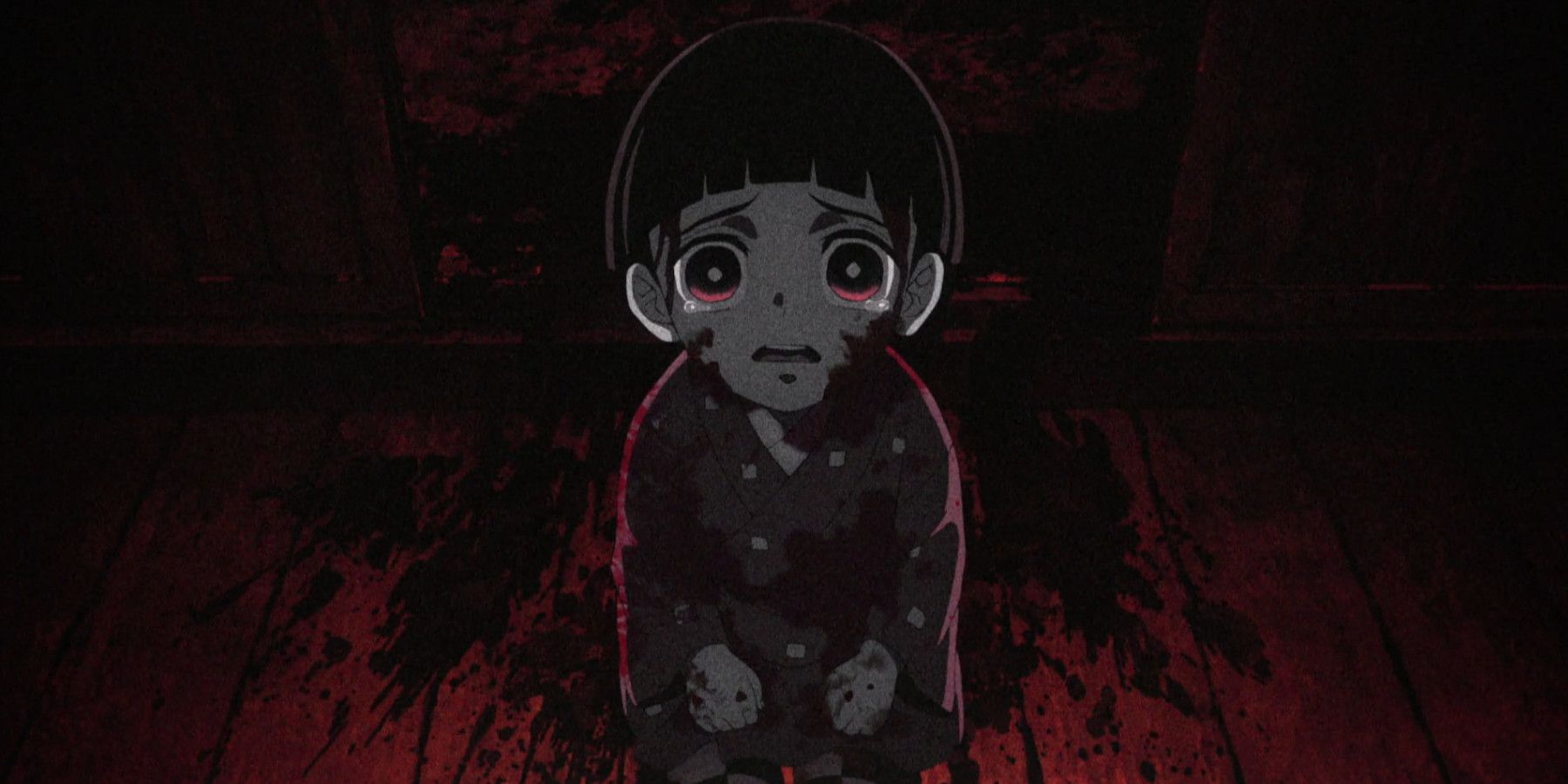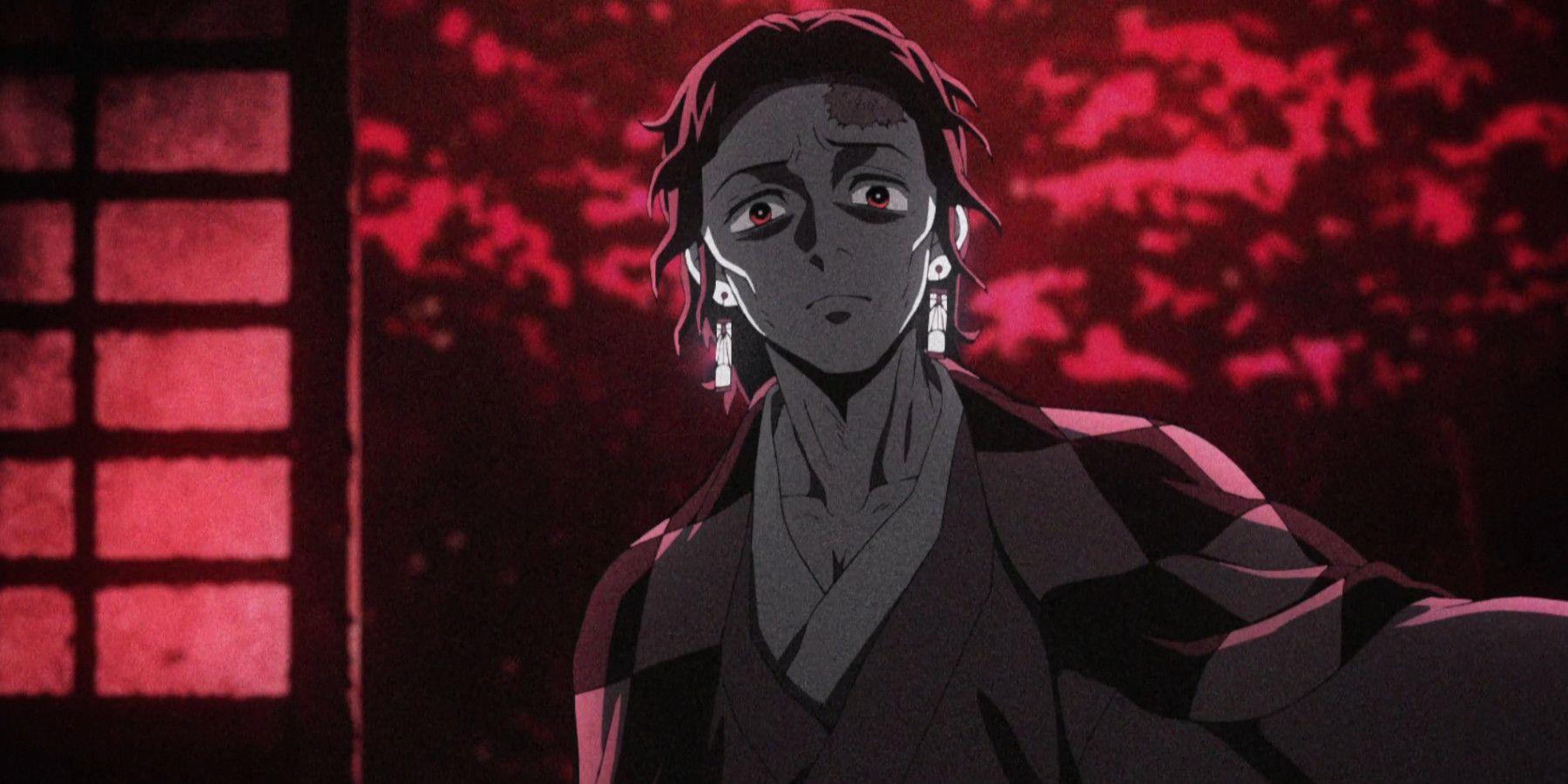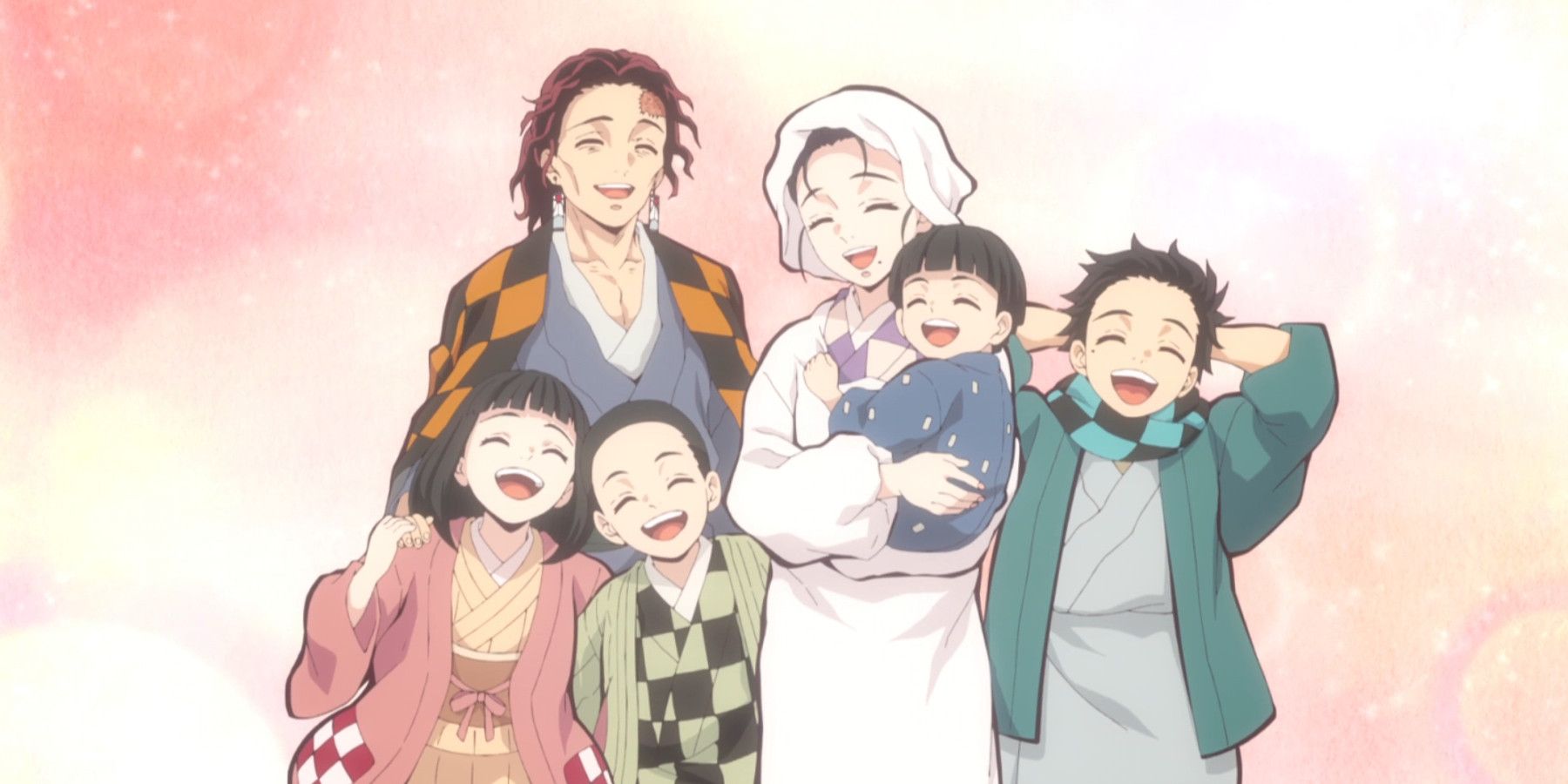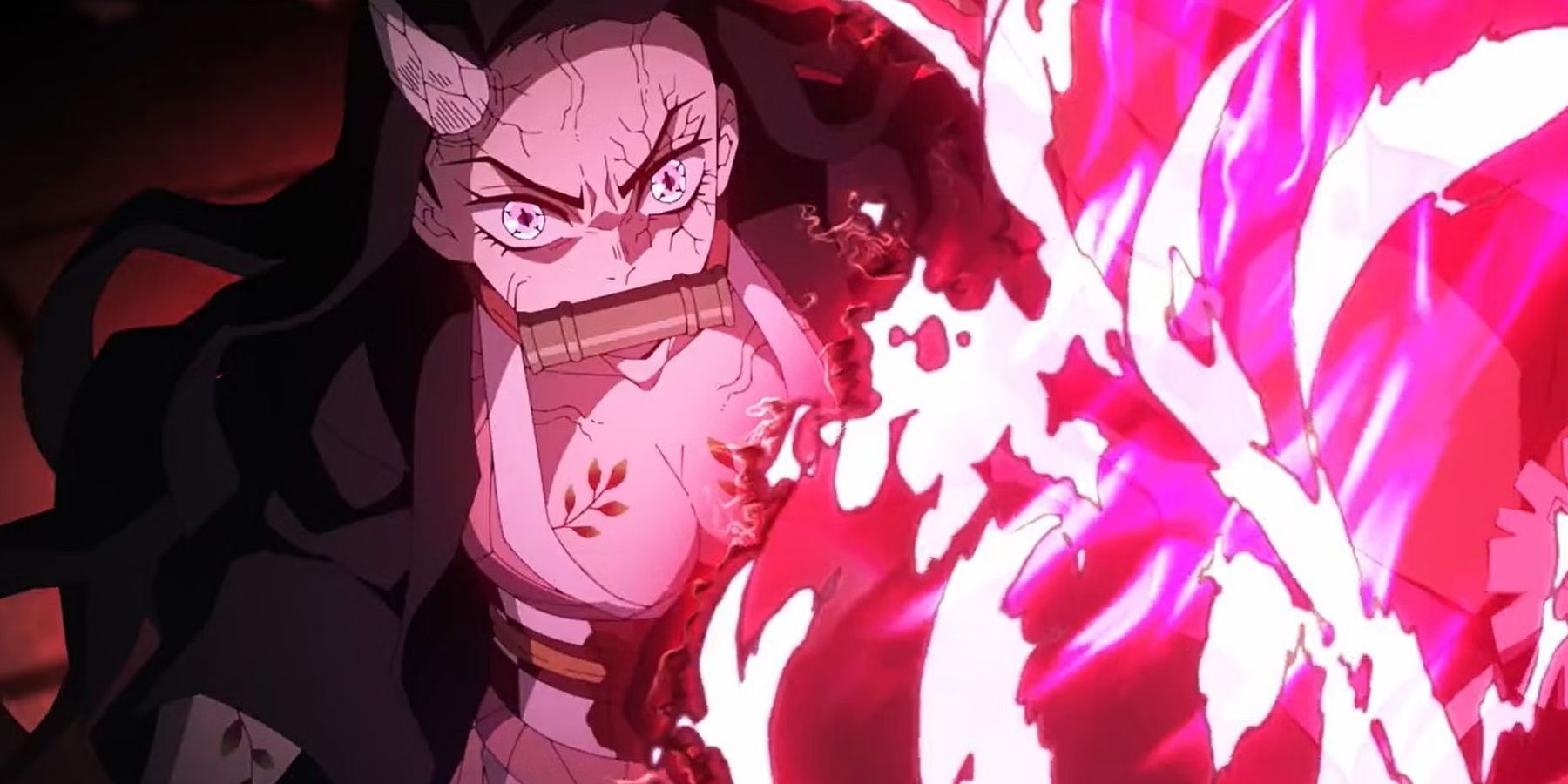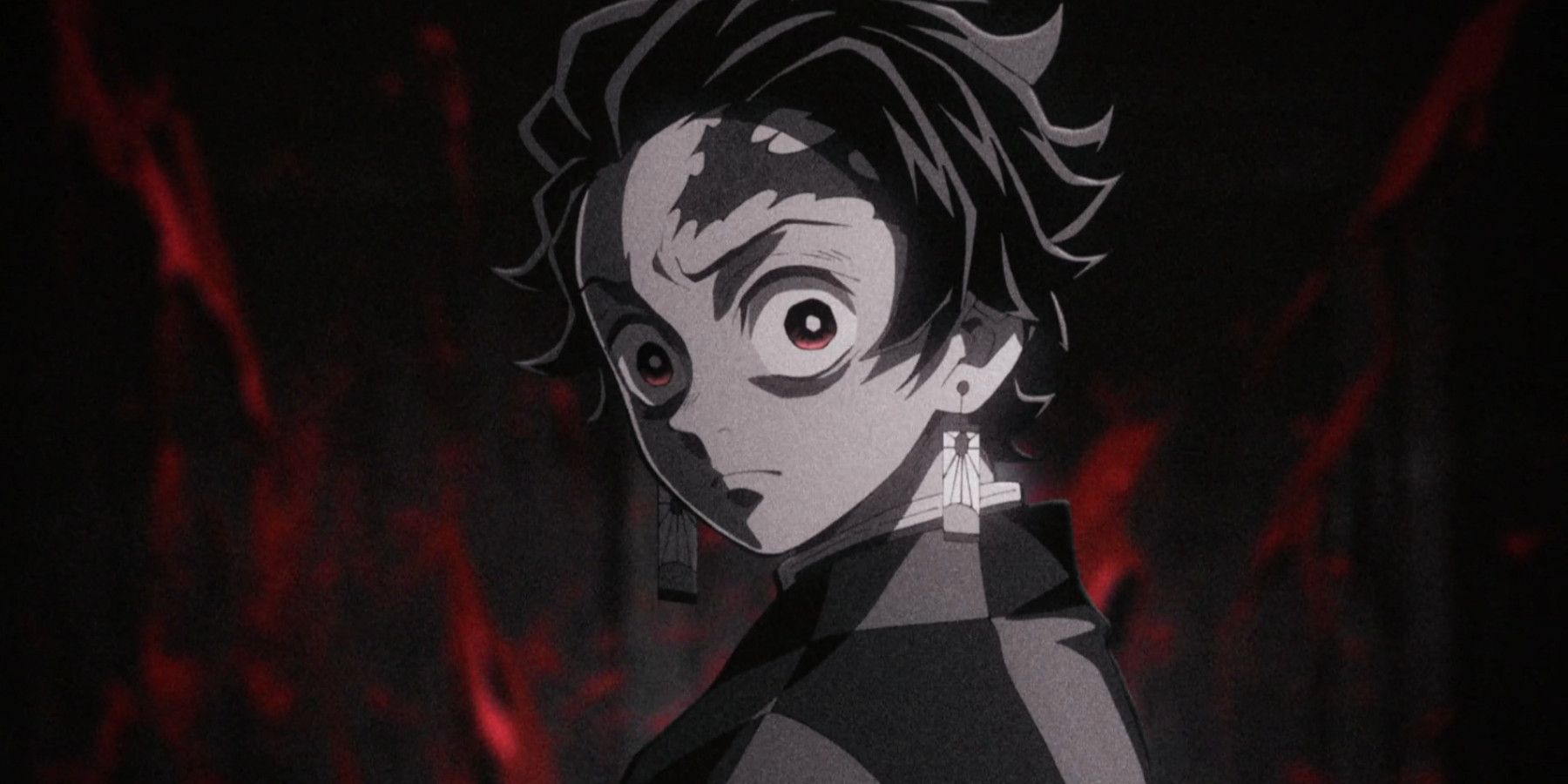
Unveiling The Epic Success of Demon Slayer Movie

Discover the epic scene that elevated the Demon Slayer movie to new heights! With a perfect build-up and a game-changing turning point, this moment is the true highlight of the film
Amidst the chaos of 2020, Demon Slayer fans were treated to a much-needed respite with the release of the highly anticipated movie, Mugen Train. Despite the challenges posed by the ongoing pandemic, the movie managed to shatter records and exceed the expectations of even the most die-hard fans. What set Mugen Train apart from other anime films was its seamless continuation of the series' canon storyline, cementing its status as a must-watch for fans of the beloved franchise. However, there was one scene in particular that stood out and elevated the film to new heights of cinematic excellence.
The Build-Up
At the beginning of Mugen Train, the movie follows the familiar style of Demon Slayer, which is not necessarily a negative aspect. In fact, the series was already well-suited for a cinematic experience due to its stunning artwork, captivating music, and action-packed storyline. The main characters, Tanjiro, Nezuko, Zenitsu, and Inosuke, embark on a new mission to investigate the disappearance of 40 individuals aboard the Mugen Train. The Flame Hashira, Kyojuro Rengoku, accompanies them and easily defeats the initial demons they encounter, making it seem like the problem has been resolved.
The entire adventuring party, including Rengoku, falls into a deep slumber as planned by Enmu, Lower One of the Twelve Kizuki - the true demon they have been hunting. Each member is enveloped in pleasant dreams, with Zenitsu imagining a romantic life with Nezuko and Inosuke picturing himself as the hero of his own adventure. However, Tanjiro's dream holds the most weight as he envisions a life with his family, before they were taken away from him. Despite the beauty of the dream, something feels amiss, and Tanjiro knows that he must awaken, no matter the pain it will bring.
Tanjiro wakes up by taking his own life in the dream. The characters gradually awaken and initiate their counter-attack, with Tanjiro leading the charge in a duel against Enmu. However, despite being put to sleep repeatedly, Tanjiro astounds the demon by refusing to remain unconscious under the influence of the Demon Art. Undeterred, he fearlessly repeats the process of taking his own life, regaining consciousness almost immediately and resuming the offensive. The intensity of the battle grows with each passing moment, as the music swells to a crescendo, culminating in what feels like a hard-earned victory in the heat of the moment.
But suddenly, Enmu doesn't put Tanjiro in a dream. He forces him into a nightmare.
The Turning Point
As Tanjiro basked in his victory, the music building up to a crescendo, the audience was abruptly transported to a haunting scene. The familiar house was now engulfed in an eerie red light, and the only thing audible was the heart-wrenching cries of Tanjiro's younger brother in excruciating pain.
Just as we thought we could catch a breath, the film delivers a gut-wrenching blow that surpasses even Tanjiro's heartbreaking farewell earlier on. The scene's impact is a testament to the skillful editing and directing, as the buildup leading to it is what makes it so powerful. Without it, the scene wouldn't have been as effective.
The emotional impact of Rokuta's cries in this scene is undeniable, and Aoi Koga's voice acting is truly exceptional. Every time I watch this scene, I am moved to tears almost immediately. To make matters worse, Tanjiro is haunted by a vivid and horrifying image of his family, who ask him painful questions such as "Why didn't you save us?" and "How could you be the only one to survive?" His own father even appears in the nightmare, a stark contrast to the warm and loving man we see in flashbacks, berating Tanjiro for his perceived failure to protect his family.
The sudden onslaught of negativity would have been easy to dismiss as a hackneyed attempt to manipulate Tanjiro's guilt, were it not for the sheer brutality of the attack. Not only is it a grossly inaccurate portrayal of his family, but it is also an affront to their memory. Tanjiro is left seething with rage at the audacity of the suggestion.
After being subjected to a series of terrifying dreams, Tanjiro's anger and determination to protect his family ultimately saved him from the nightmare. It's worth noting that Tanjiro never even considered taking his own life as a means of escaping the horrors he faced. In fact, his attempt at creating something frightening to combat his enemy ends up backfiring completely. As he confidently states that his family would never say the things Enmu claims, he swiftly beheads him, culminating in a shocking and satisfying conclusion to the scene.
After this incredible moment, the film continues on with its conclusion, which some might find to be overly melodramatic. Additionally, the last half hour of the film strays away from the "Train" premise after Enmu's defeat. However, from this scene onward, the audience cannot help but be fully invested in the story. Much like the standout moments of the TV series, Demon Slayer The Movie: Mugen Train excels thanks to scenes such as Tanjiro's nightmare. These touching and powerful moments are enhanced by exceptional editing, presentation, and direction from Haruo Sotozaki.
